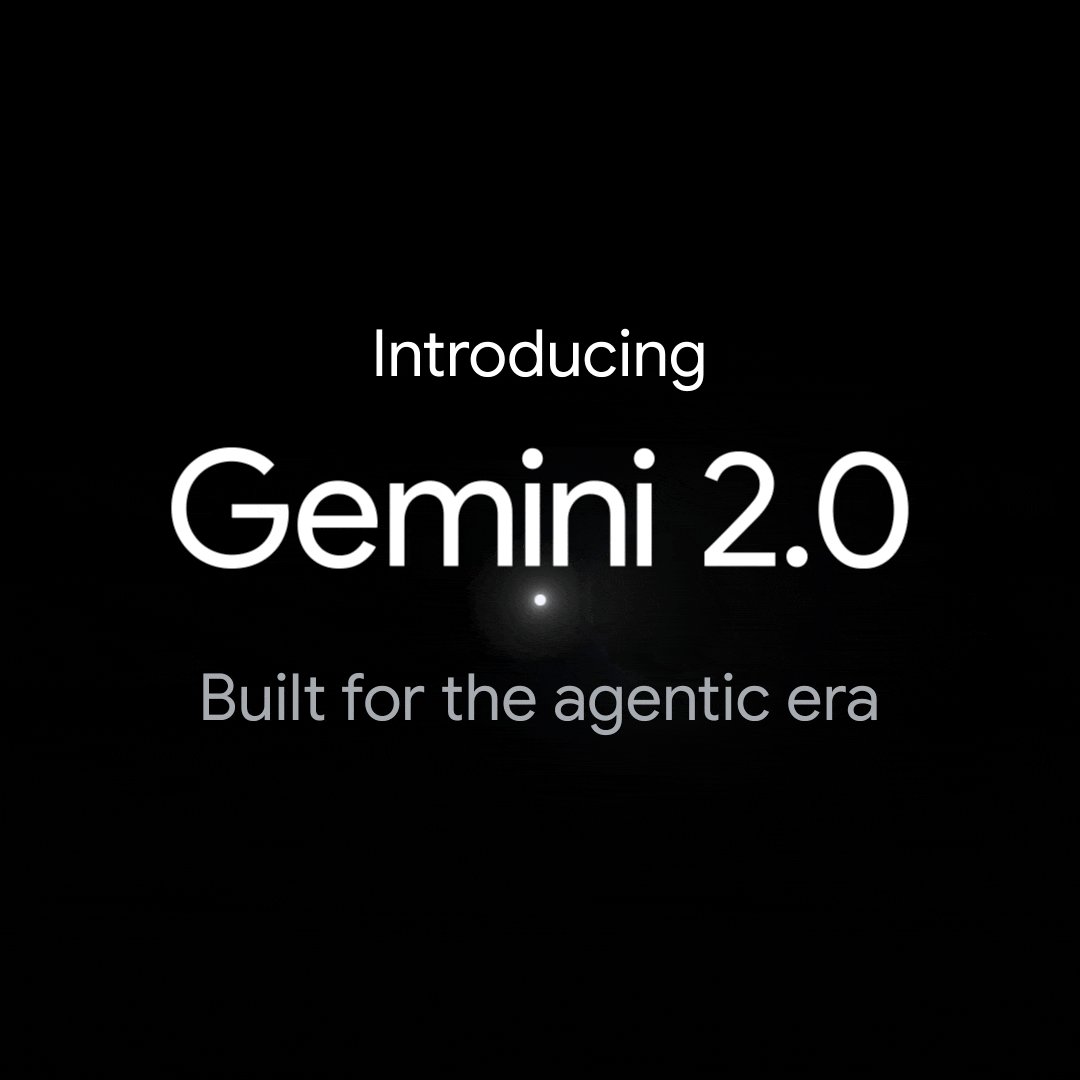Google has unveiled Gemini 2.0, its latest artificial intelligence model, designed to enhance user interactions across various platforms. This advanced AI system can interpret images, perform tasks, and engage in complex reasoning, aiming to provide more intuitive and responsive user experiences. Gemini 2.0 is set to be integrated into Google’s products, including its search engine, Chrome browser, Maps, and YouTube, with initial access granted to select test groups and subscribers.
This development comes as Google faces significant antitrust scrutiny. The U.S. Department of Justice has accused Google of maintaining a monopoly in the search market through exclusionary practices, a case that could lead to substantial changes in the company’s operations.
Additionally, the Federal Trade Commission (FTC) is investigating potential antitrust issues related to Google’s AI endeavors, reflecting broader concerns about competition in the rapidly evolving AI sector.
Despite these regulatory challenges, Google continues to advance its AI technologies. The company is also exploring AI-powered smart glasses and collaborating with partners like Samsung and Qualcomm to develop mixed-reality headsets, indicating a strategic shift towards more immersive and interactive user experiences.
In summary, while Google is forging ahead with innovative AI solutions like Gemini 2.0, it must navigate complex antitrust issues that could impact its future operations and market position.





